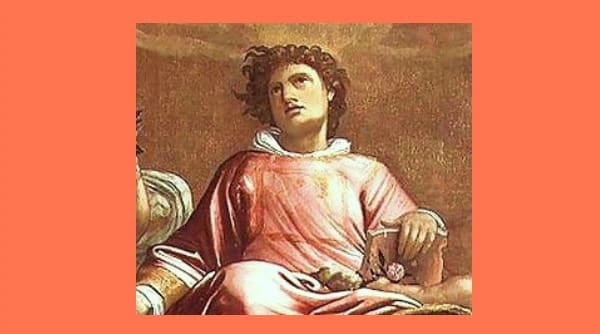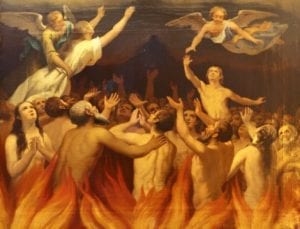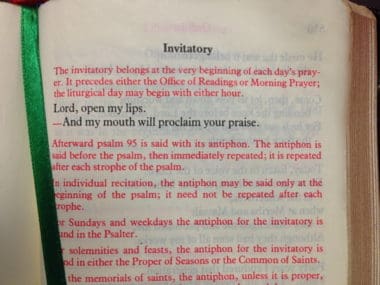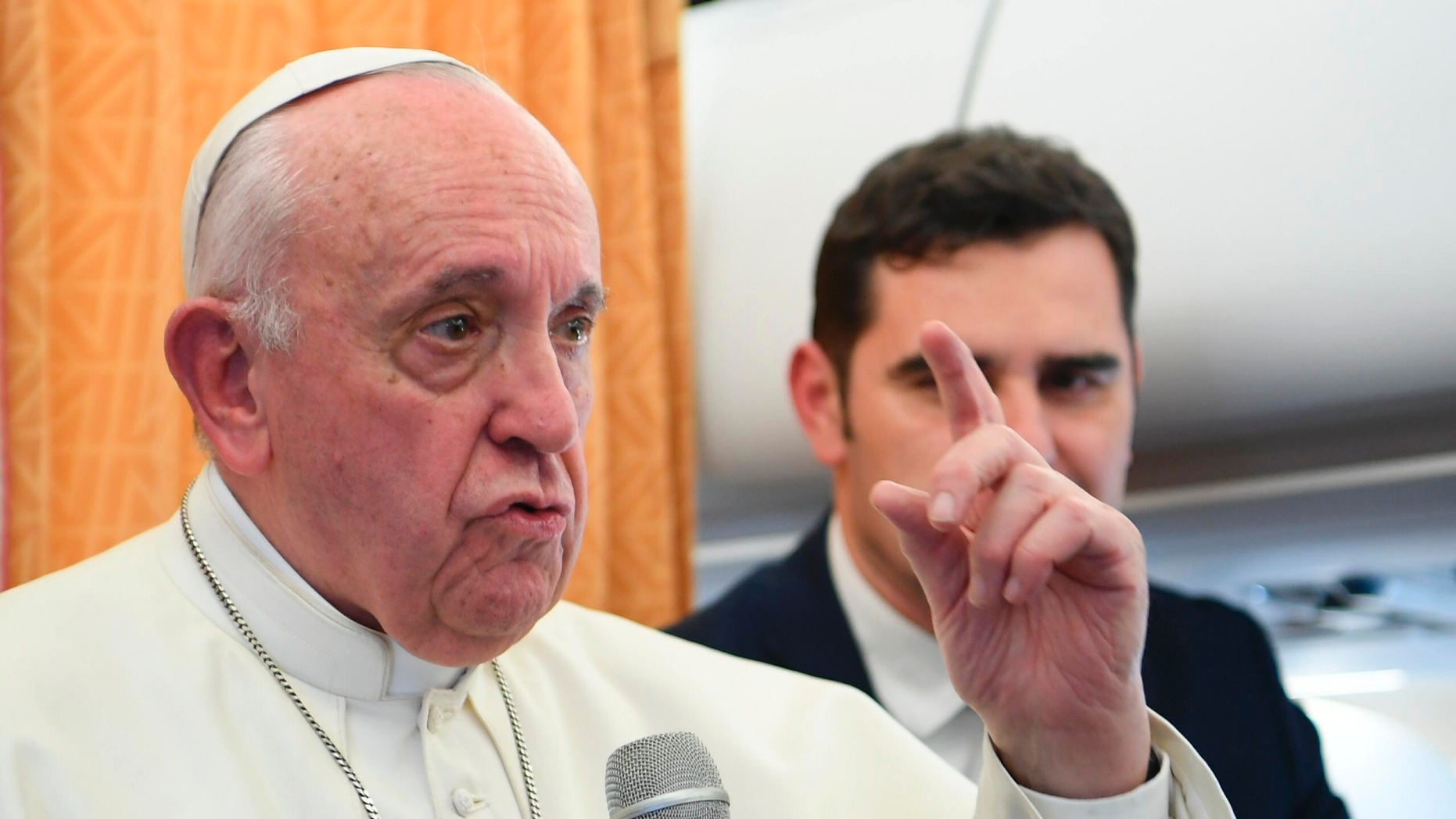 |
| Note: David Torkington’s Mini-series on prayer continues; to read part 27 click here and to begin with part one, click here. |
When I was a small boy, I used to yearn for my favorite radio program that would take me into many different and exciting new worlds. I loved to identify with the children transported into one of these worlds when their mysterious mentor would sit them down before the picture he chose for their latest adventure. He would tell them to be still, to be calm and then to begin staring at the picture without moving, without even blinking, concentrating on the scene before them. Then as they did so the picture began to come alive, becoming three-dimensional as it expanded and drew ever nearer. He would then say, “Listen to the sound of the wind blowing through the trees, the water in the streams, the birds singing, the dogs barking and the people speaking. Quick, hide behind that bush and listen to what they are saying.” It was then that the adventure would begin.
The Meaning of Contemplation
This program enabled me to understand much later the meaning of Christian contemplation. The word contemplation itself means to gaze, to stare, to concentrate on something or someone. What is central to the word is the Latin noun templum meaning a sacred place. For Christians then, contemplation means being in a sacred place, more precisely in a temple, or rather in the new temple which is Christ. The prefix ‘con’ means that we are contemplating, not just in him, but with him and through him.
Then the closer we come to the One on whom we are contemplating, and as purification sharpens our spiritual vision, we begin to glimpse albeit in a very distant way, something of the glory of God that God promised us as our final destiny. We are not just onlookers or bystanders, but because we have been united with Christ we become participators with him in the glory that he experienced from eternity, from where his Father decided to create us to join him.
Into the Glory of God
Because he was not afflicted from within by the demons that harass us, Christ was able to contemplate his Father’s glory at all times throughout his life on earth. That is why at the Last Supper he described himself as a man of joy, and why he wanted his followers to become men and women of joy too. This did not mean that his life would be continually full of sweetness and light, for the demons that were never in him were in others all around him, and demons never take lightly to hearing the truth.
The glory of God is the outward expression of the infinite love that St. John insists pertains to the very essence of who God is. To gaze on his glory means to participate in that glory by receiving his love. But in God, love and truth are one, so that the one who receives his love will always receive his truth simultaneously, that must be both lived and proclaimed no matter what the consequences. This is not only true of Christ the first mystic, but of all who would follow him.
The Food of the gods – Ambrosia and Nectar
The love they come to experience as they contemplate the glory of God in, and with Christ, always fills the recipients with the truth too, endowing them with insights they never had before, enabling them to see the truth that they must needs express. In their innocence, they think their listeners will be only too anxious to welcome the truth, but telling the truth is a very serious and dangerous business. Would-be prophets, beware! The simple truth is not a dainty dish to set before the most dangerous animal on earth, particularly if he or she has political or religious pretensions. By choice they prefer ambrosia to eat and nectar to drink; they have little stomach for humble pie. Be warned, for if you serve it regularly enough and in large enough portions it can make them cross, very cross, and when they are very cross, they can crucify.
This was not only true for Christ but, it would also be true for those who would follow him. Jesus prepared the Apostles at the Last Supper, for what was about to happen to him would also happen to them and to those who would follow him in what came to be called ‘The Age of the Martyrs’. It would not always mean they would have to suffer ‘red martyrdom’ but it would always mean embracing ‘white martyrdom’, for as Jesus made it quite clear unless a person was prepared to take up their daily cross then they could not be his disciples.
Into the Transforming Union
When purification is complete mystics enter immediately into the mystical marriage with Christ, often called The Transforming Union. It is then that for the first time they are able to experience the continual contemplation of God that Jesus experienced at every moment of his life on earth. They are able to do this because the demons that once ruled them from within rule them no longer and so like Christ they become continually aware of the presence of God.
This does not mean that their lives now become free from the suffering that warfare with the powers of evil always entails, any more than it did for Christ with whom they are united like never before. Evil might not oppose them from within in the same way as it did in the past, but they will most certainly continue to encounter it in those around them for whom the light of truth terrifies them in their darkness. They can be as terrifying to a modern Christian as they were for Christ who they crucified. It is not only total outsiders to the faith who will condemn those who proclaim the truth but insiders too who have lost their way.
Men and Women of joy
Yet despite this, Christian mystics become men and women of joy as Jesus promised, for they begin to experience a profound truth that is hidden from those who merely travel in the foothills of the mystic way. It is their joy to suffer, as it is a joy for any lover to suffer for the one they love. This joy is as infectious today as it was in the past when it inspired the ancient Roman world with the otherworldly power of love they could not resist and brought them in their thousands to knock on the door of the Church that readily admitted them to begin their journey along the mystic way.
The most dramatic manifestation of this Christ-like joy could be seen as, like Christ, they gave their lives for the truth in red martyrdom. It might be in the smile on the face of the old and saintly man like Polycarp as he was being slowly burnt at the stake, the joy of the deacon Carpus, as he was being nailed to his Cross, the ecstasy of Blandinia, as she was scorched in an oven, or the silent serenity of Felicity and Perpetua as, after being flogged half to death, they were thrown to the wild beasts in the arena. But perhaps the most revealing martyrdom of all was that of the first martyr Stephen as he was being stoned to death, not least because the account of his death was inspired by the Holy Spirit in the Acts of the Apostles. Like all the others he was supported, sustained and strengthened from within by the Christ who lived in him. At the moment of his death, he saw the destiny which all the others would attain. “Stephen filled with the Holy Spirit gazed into heaven and saw the glory of God” (Acts 7:55).
To Contemplate and to share the fruits of Contemplation
When St Dominic founded his order of friars he wanted to base their lives on the lives of the first apostles. In order to explain the very essence of what this meant, his illustrious spiritual son, St Thomas Aquinas, said that the work of the Dominican Order was, “To contemplate and to share the fruits of Contemplation with others”. What he said sums up the vocation of the Dominican order, but it also sums up the vocation of the whole Church. The fruits of contemplation were most certainly the lifeblood of the early Church.
Contemplation is for All -it is Our God-given Destiny
A more modern Dominican, perhaps the greatest spiritual theologian ever, Reginald Garrigou-Lagrange OP insisted that this vocation is for all, not just for monks in their monasteries or nuns in their nunneries, who did not, in fact, exist when Christians first received their vocation from God. In fact, it was almost over three hundred years before St Antony, the father founder of monasticism inspired the monasteries that would become spiritual oases everywhere in the deserts around him. It was clearly for all as it is today for ‘ordinary’ mums and dads and their whole families, for all are called to contemplation and to share the fruits of their contemplation with others. In Christ’s mystical body no one is ordinary for all are called to the most extraordinary destiny imaginable. This calling to contemplation is not a sort of optional extra. It pertains to the very essence of the mystical spirituality given to us by Christ, and it is our great and grave responsibility to follow it. May God give us his grace his power, and his Holy Spirit to enable us to do it.

 “According to the Will of the Heavenly Father, as the mother of Him who loves you, I am here with you to help you to come to know Him and to follow Him.
“According to the Will of the Heavenly Father, as the mother of Him who loves you, I am here with you to help you to come to know Him and to follow Him.




